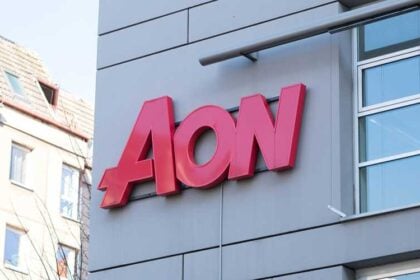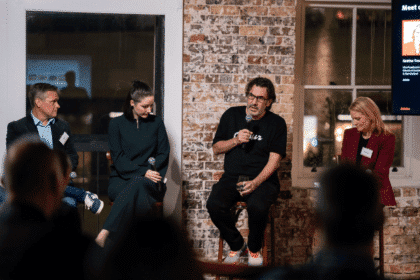Seven CEO Tim Worner has weighed into the debate over TV’s need for a more collaborative approach, saying any industry love-in had to include the agencies and advertisers, too; chiefly in the form of a single programmatic trading platform.
In response to B&T’s questions, Worner said: “There is no question that we (the television industry) have to collaborate more; that’s going to be absolutely essential for the future of our industry.
“But that isn’t confined to media owners. We also need the support of our agencies and client partners. It just can’t be a push from us; there has to be a pull,” he said.
Worner’s comments were triggered by a speech delivered by MCN CEO, Anthony Fitzgerald, at yesterday’s Future Of TV Advertising Forum in Sydney where he said the entire advertising ecosystem had to be be willing to accept revolutionary change if the TV model were to survive.
“If we don’t take the challenges that exist today and in the future, with a profound sense of collective urgency, I fear we face ongoing declines,” Fitzgerald told an audience of industry bigwigs. “Or worse, a structural breakdown in the ad funded TV model.
“Let me be clear, this is absolutely beholden on the television industry to get its act together,” Fitzgerald said.
Omnicom CEO, Peter Horgan, going further, telling the Forum’s audience that there was a “currency disconnect” in media buying and all parties needed to “get in a room and detonate whatever you need to detonate and line-up the pre- and post-buying systems and kill it, because it’s killing your brand…get on to a single platform…whether it’s Universal, Galaxy or whatever you want to call it…there needs to be one.”
Responding to Horgan’s comments, Worner joyfully told B&T: “If Peter Horgan wants to detonate all of it, we’ll give him a hand to lay the charges.”
And a need for a more unified approach appeared to be universal. Nine’s chief sales officer, Michael Stephenson, telling B&T: “Nine are committed to making the process of buying television easier. Fitzy has passionately voiced the case for greater collaboration amongst the TV players and the broader Industry and we wholeheartedly agree. Whilst a lot has been achieved as an industry in recent times, there is still much more to be done.”
Another of the Forum’s themes were outdated TV metrics that were seen as a relic of the 60s and no longer relevant in this age of digital, on-demand, OTT viewing and the threats posed by the likes of Google, Facebook and Amazon.
MCN’s Fitzgerald told the forum: “Whilst TV’s great legacy is that we have one currency that is dependable, accurate, trusted on both the buy and sell side, it is simply no longer adequate in the digital age to be relying on a 5,000 home panel and a bunch of demos to trade on,” he said.
“Now when I say reinvent it, we first have to be willing. All of us – networks, agencies and clients – to accept change.
“In fact, we have to be willing to obliterate our obsession with overnight ratings as a measure of commercial success, we have to be willing to obliterate our attachment to legacy metrics.”
In a statement to B&T, Seven’s Worner threw his weight behind the argument for a new TV measurement system.
“I also still can’t work out why we’re clinging to the demographic bands we do. The complete trashing of the 55-plus demographic is a mystery to me, more so now that I am in it. I reckon those demos feel like they were worked out by Madison Avenue in the sixties and here we are, still using them.
“Opportunities are being missed as much for brands as they are for TV and the industry. It’s up to us all to work together to make it happen, and we will,” he said.








